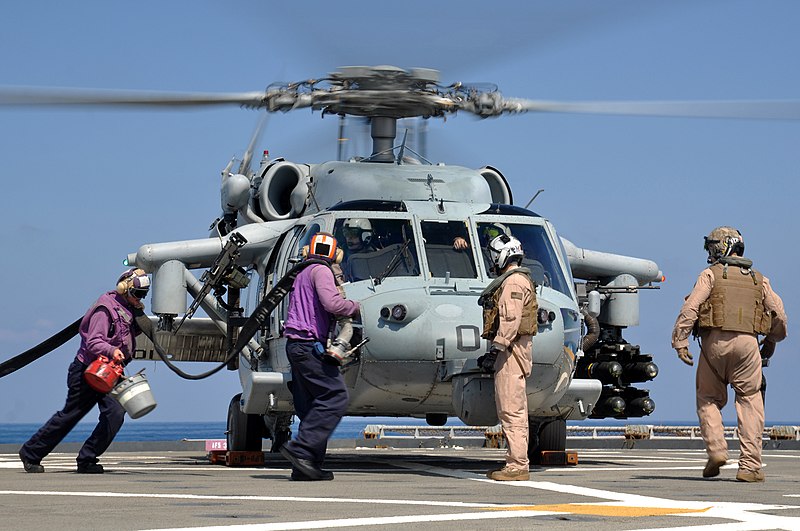
I don't think we'll see the JSF ever get turned into a meaningful drone unless major advances in AI happen; it's just too complex of a system, and it would be too difficult to pilot remotely.
On a more general scale, I do think drones will be taking a greater part in war from now on, perhaps even replacing the bulk of our air assets. I say that because while each individual drone may be less capable than a manned fighter/bomber, they are vastly cheaper. You can put 25 predator drones in the air for every JSF (and that number is rising). Then consider the pilot costs, which are lower for a drone. Essentially, a country like the US might resort to spamming drones just because it is cheaper and doesn't put pilots at risk.
I wouldn't want to see drones ever replace human pilots, or humans in war at all, for philosophical reasons. What is war without death? It's just an expensive game at that point.










